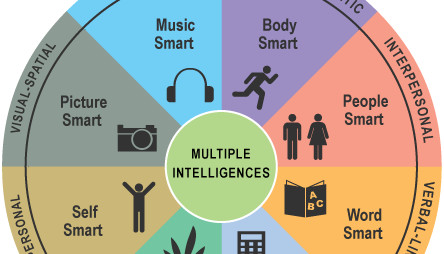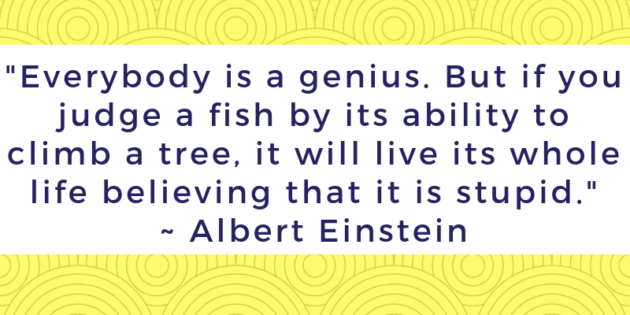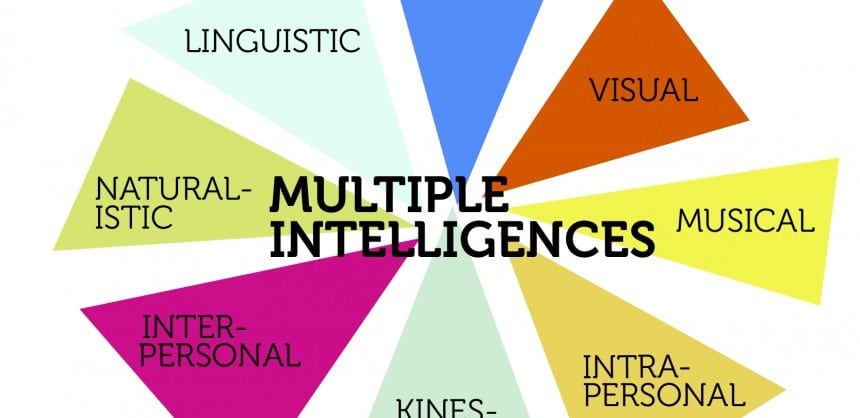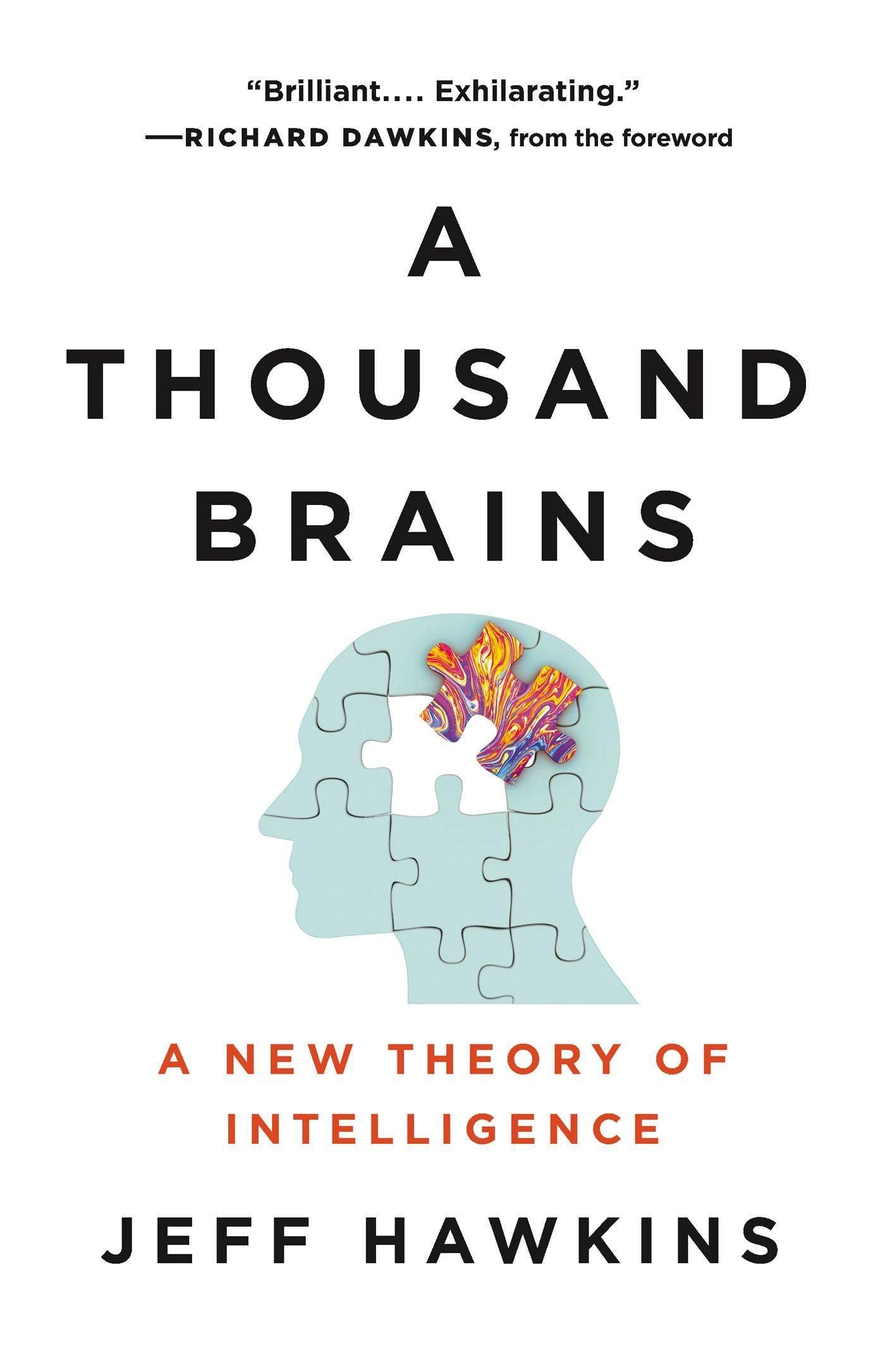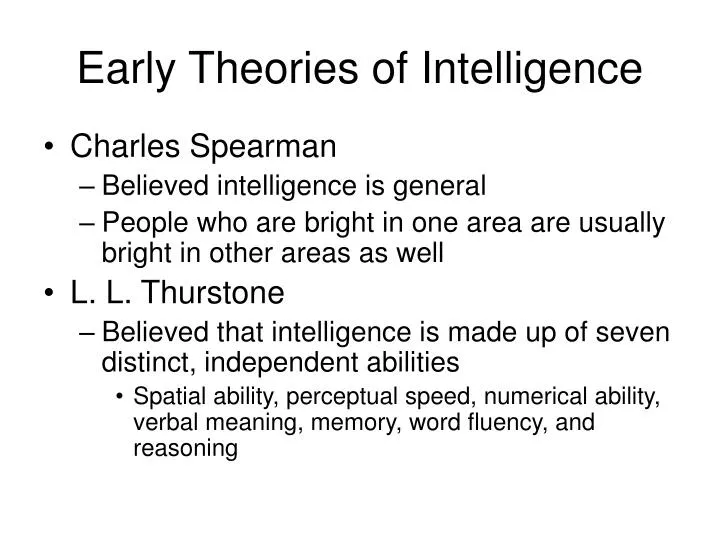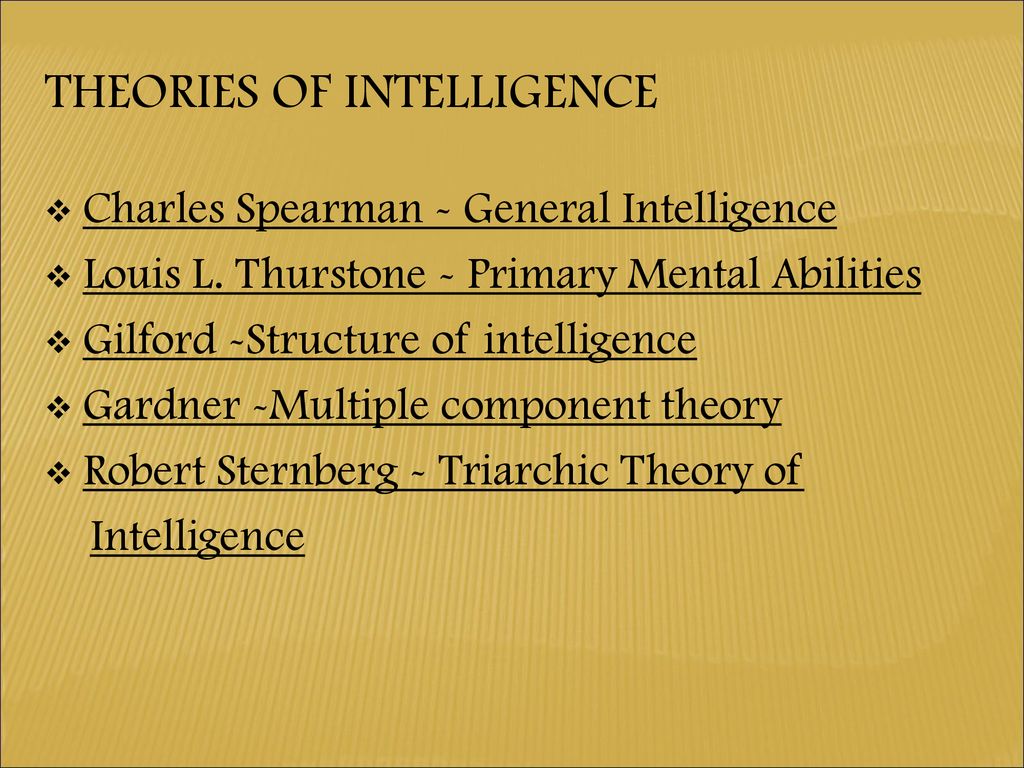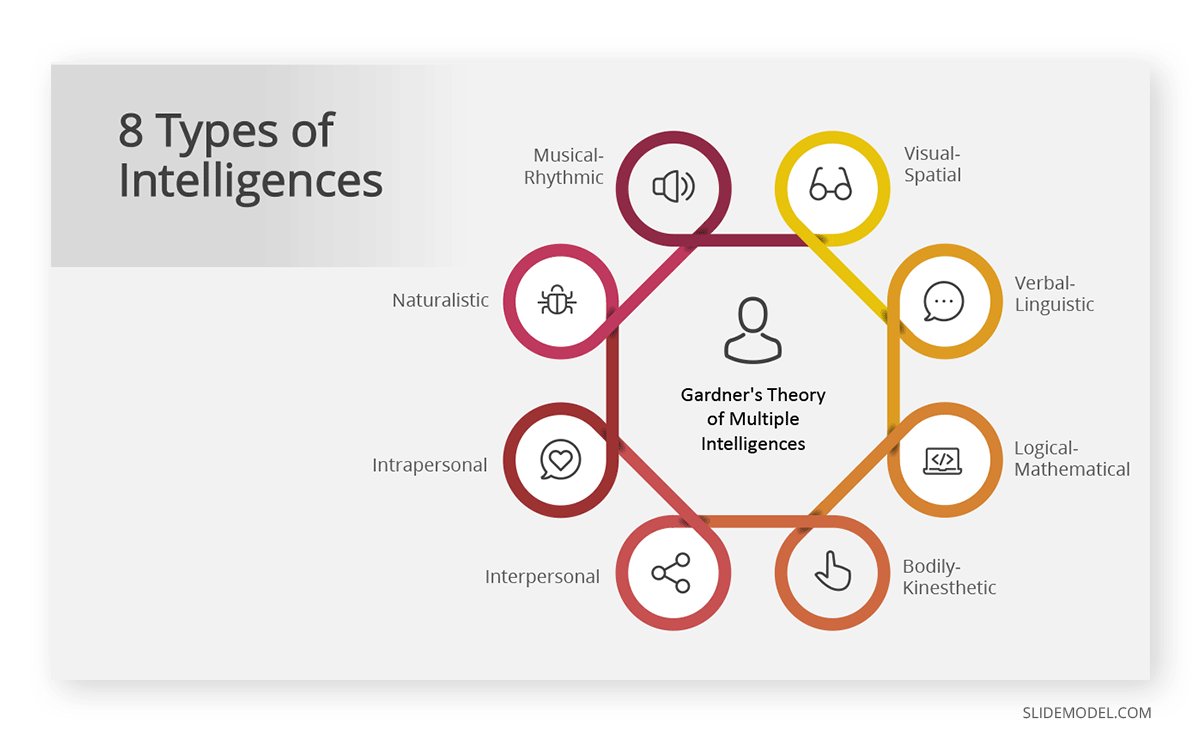Intelligence is a complex and multifaceted concept that has been studied and debated by scholars for centuries. The theory of intelligence refers to the various ideas and theories proposed by researchers to explain the nature, causes, and determinants of intelligence.
One of the earliest and most influential theories of intelligence is the intelligence quotient (IQ) theory, which was developed by psychologist Alfred Binet in the early 20th century. The IQ theory proposes that intelligence is a single, general ability that is inherited and can be measured by intelligence tests. According to this theory, intelligence is determined by a combination of genetic and environmental factors, and it is relatively stable over time.
However, the IQ theory has been challenged by other researchers who argue that intelligence is not a single trait, but rather a collection of multiple abilities or skills that can be developed and improved through experience and learning. This view, known as the multiple intelligences theory, was proposed by psychologist Howard Gardner in the 1980s. According to Gardner, there are multiple types of intelligence, including linguistic, logical-mathematical, musical, spatial, bodily-kinesthetic, interpersonal, and intrapersonal intelligence.
Other theories of intelligence focus on the role of cognitive processes in intelligence. For example, the information processing theory proposes that intelligence is the ability to process, store, and retrieve information effectively. The theory of fluid and crystallized intelligence, developed by psychologist Raymond Cattell, suggests that intelligence is made up of two components: fluid intelligence, which is the ability to solve novel problems and adapt to new situations, and crystallized intelligence, which is the accumulation of knowledge and skills acquired through experience and education.
Despite the various theories of intelligence, there is still much that is unknown about the nature of intelligence and how it develops. Researchers continue to study intelligence and its relationship to other aspects of cognition and behavior, such as memory, attention, and problem-solving. Understanding intelligence and its underlying mechanisms can help us better understand individual differences in cognitive abilities and design interventions to improve cognitive function.
